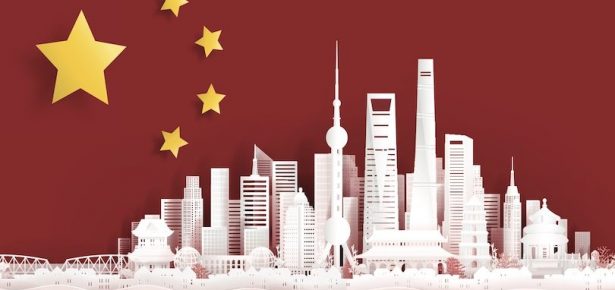
Perhaps the biggest challenge to dictatorships is the danger and uncertainty associated with a leadership transition. No one—including the ruler—knows the real rules of transition, such as how the next ruler is chosen and how the incumbent should exit. All these are determined secretly based on brutal power struggles. This is why, as Xi Jinping’s second term as China’s leader nears the end, predictions of what will happen to China’s leadership proliferate.
Many analysts predict that he will rule forever, some say he will be replaced, and a few forecast a crisis in China. I would like to bring our attention to a scenario that has been overlooked: the possibility of a thaw after Xi.
Dictatorships have been dotted with thaw periods, such as the Khrushchev Thaw after the death of Stalin in 1953. In general, after a long period of harsh repression, a totalitarian regime tends to precipitate a period of limited political and economic liberalization to deflate the high pressure accumulated.
There were two thaw periods in China: after Mao’s death in 1976 and after the Tiananmen massacre in 1989. Deng Xiaoping, the de facto leader of the CCP during the post-Mao thaw, designed a strategy of avoiding confrontation with the West and quietly building capabilities known as “hide one’s claws and bide one’s time.”
Thaws provide rare opportunities to make structural changes in the political and economic systems, such as making laws more independent from the ruling party and allowing some press freedom. Unfortunately, during China’s two thaws, the democracies did not seize the opportunity to push China for structural changes. Instead, the democracies were disarmed by Deng’s strategy and busy praising the CCP for the thaw and investing in and profiting from the newly opened markets. Domestically, China also failed to ride on the momentum to make structural changes. These thaws ended up with CCP reinforcing its control over the society.
What would be likely to happen if there is a post-Xi thaw?
Under Xi Jinping, China has experienced the most repressive era since Mao Zedong. His policy has increasingly divided Chinese society into two camps: Xi loyalists and the liberal-leaning people who despise Xi. Xi’s policy widens the gap between the two and drives the liberal-leaning camp from being merely liberal to disliking him to becoming anti-CCP. Currently, in China, especially among the liberal-leaning people, there is an overwhelming nostalgia for the post-Mao thaw and a strong desire to restore Deng’s policy. If the post-Xi leadership takes a more liberal stance by downplaying party ideology and emphasizing national unity and harmony, the people of the liberal camp will likely abandon their anti-CCP stance, and the CCP-loyalists will likely support the call for national unity. This will narrow the gap between the two camps and unite them on liberal nationalism, a new version of Deng’s policy. This, plus the renewed enthusiastic support from the vested groups in the democracies, will provide much-needed breathing room and resources for the CCP to restore its eroded base, reboot China’s economy, and cement CCP’s rule. Eventually, if the society becomes too liberalized for the CCP to stomach, a more repressive era will follow, repeating the repression-thaw-repression cycle.
These observations lead to the following questions: How should the world, especially the democratic countries, prepare for the next thaw in China? I hope this posting can stimulate needed discussions on this possibility.
Latest Comments
Have your say!